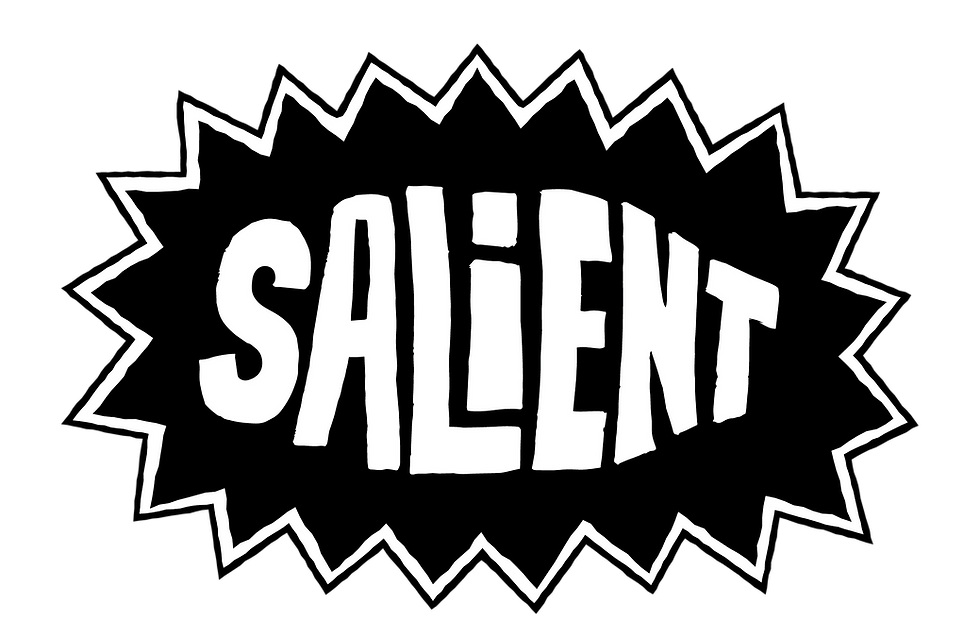Palestine: VUW ISO
- Salient Magazine

- Sep 22, 2025
- 3 min read
By VUW International Socialists / ISO
It’s enough to make anyone feel insane. Almost two years into the current genocide Israeli soldiers and officials celebrate the destruction of Gaza, and deny the destruction of Gaza. New Zealand politicians advocate for America’s “rules-based order” while America facilitates war crimes. Police beat and arrest Jewish activists for being “antisemitic”.
What makes a genocide on this scale possible? 100 000 tonnes of explosives dropped over two years, by a nation ten times smaller than Aotearoa. We know Israel receives more funding from the US than any country in the world, but that raises a further question: how is that much funding put in place?
Providing $228 billion in military aid to another country can only happen under certain legal and political conditions. Specifically, sales can only be approved ‘when they are consistent with the foreign policy interests of the United States’ (Arms Export Control Act 1976). In other words, warfare is the continuation of policy by other means: the bomb achieves what the briefcase cannot.
So long as Israel acts in America’s interests, the funding is likely to continue. These interests are not particularly difficult to work out. As Biden once declared, Israel is America’s ‘best investment, where we get the biggest bang for our buck.’ Especially in the age of austerity, the US would not invest billions of dollars in another country without expecting a serious benefit.
Palestine has long been seen by ruling powers as a vital economic centre: a gateway between African, Asian, and European trade routes, and a guardian of Red Sea maritime traffic. When Britain laid siege to northern Palestine in 1840, its foreign secretary Lord Palmerston explained that ‘it was the duty of the Government to open new channels for the commerce of the country’.
Installing a Zionist settler colony in these lands would provide an enormous strategic benefit for the Global North: an outpost of allies armed and ready to defend their interests, without having to risk their own personnel. This was not unique to Palestine: similar arrangements had already been set up in the Falklands, Algeria, and South Africa.
What is unique to the region, however, is an enormous concentration of oil. The Middle East has the largest share of oil production on the map, with fifty-one percent of known global reserves. This became especially relevant after the Second World War, when oil replaced coal as the world’s principal energy source.
As oil production expanded, anti-colonial struggles swept across the Middle East. Iran in 1951 wrested Anglo-Iranian Oil from the British. Around the same time, Egypt overthrew the British-backed monarchy and later nationalised the Suez Canal. Palestine had already seen a decades-long revolt against Zionist settlement.
Ever since then Israel has been central to subduing these movements and ensuring the Global North has sustained access to oil fields, trade routes, and shipping lanes. It proved this by helping regain control of the Suez Canal in 1956, and crushing regional resistance in 1967. This is what makes the genocide possible: the endless drive for market dominance.
On the 9th of October 2023, Gazan poet and academic Refaat Alareer vowed to throw his pen at invading Israeli soldiers if it was the last thing he did. In the long months after, Israel murdered him, his family, and countless other families. Meanwhile, our incumbent politicians cannot even pick up a pen to sanction this madness. How do they live with themselves?
For the rest of us: let’s keep showing up until Palestine is free.




Comments